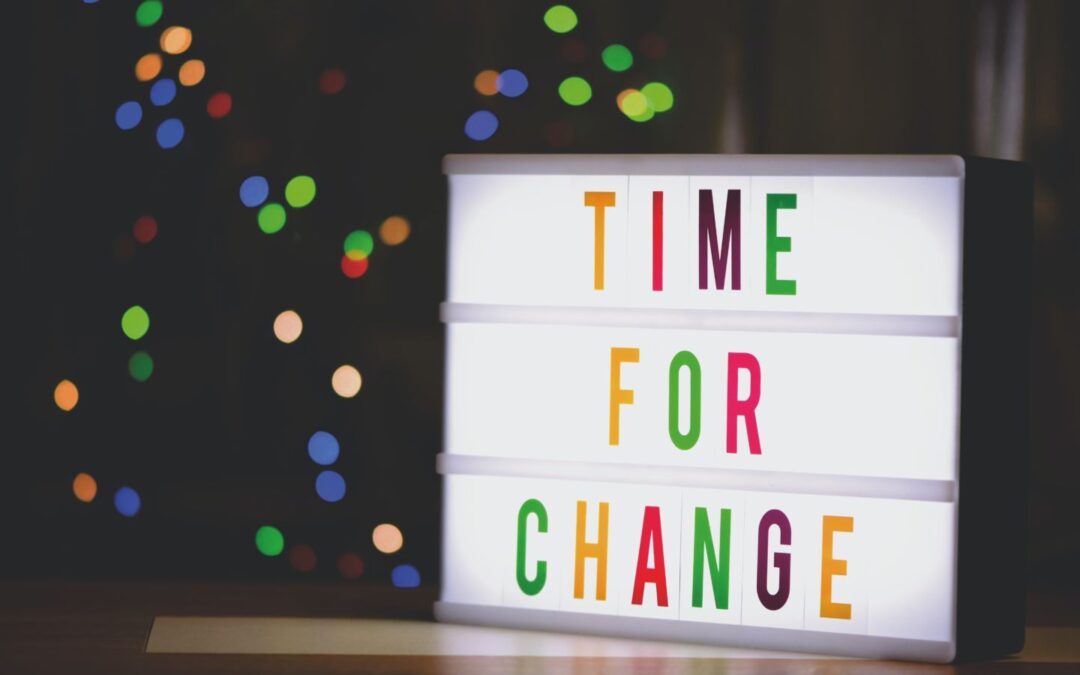Sometimes the universe messes with you. Now there are plenty of people out there who will say that everything happens for a reason and a purpose and it helps us. Whether or not that is true, what we do know is that things often don’t go to plan. As a result of this, we need to talk about the best kind of strategy available to us in such cases.
About 7 years ago, the volcano Eyjafjallajökull erupted and blew massive amounts of ash in the air. Such was the impact of this that airplanes were grounded in many parts of Europe. In particular, Ireland and the UK found themselves experiencing a number of days where airports were closed. I remember posting a Facebook status where I chronicled my journey from Manchester to Rome within twenty four hours on an insane adventure using five trains, many of which I had no tickets for.
Although I didn’t sleep for the entire trip and had to get straight up on stage to speak at an important conference, I relished the challenge and described the experience by making it out that I was beating the volcano. I kept score between the two of us. Any time something bad happened I would give the volcano a point and any time I overcame the challenge I would give a score to myself.
As I write this, many years later, my flight is four and a half hours delayed. I immediately found myself getting work done while I waited to board. This has become an automatic, default behaviour over the last decade. You see the way we describe why something happens is often referred to as our attribution style. Now typically people who are happy look at bad events which happen as being specific, temporary and external to them. People who are sad tend to look at bad events as things which are universal, permanent and personal to them. By thinking of the events as being external to you, you distance yourself from the blame of it.
The challenge with this is that sometimes we can feel victimised by external events outside of our control. So, the key is to understand that just because something is external to us does not mean that we cannot do anything about it. On the contrary, we need to position ourselves as the hero in the journey against the monster of the negative event or circumstance. We can do this by being what I call a relentless champion.
A relentless champion is continuously adapting and strategising to whatever happens. They are constantly searching for the best way to overcome a problem. They are consistently thinking of different ways to succeed regardless of what gets in their way. If they are delayed they make good use of their time. Dr. Richard Bandler often suggests that ‘disappointment requires adequate planning’. We can also avoid disappointment by being better at planning what we are going to do if something gets in our way or we find ourselves having to deal with a problem.
Becoming a relentless champion means you look upsets and disappointments, challenges and negative events square in the face and state (through your behaviour and attitude) ‘Bring. It. On.’. It means you adapt to whatever circumstances occur and you continue to focus on what you can do as opposed what you cannot, what you can achieve rather than what is not possible. It means that you start to take charge of your life and make life work for you so that nothing can stop you from living happily ever after.
If you found this useful, why not get a free video from me on the Keys to Success as well as being the first to get access to more complimentary stuff as I release it by signing up here.





